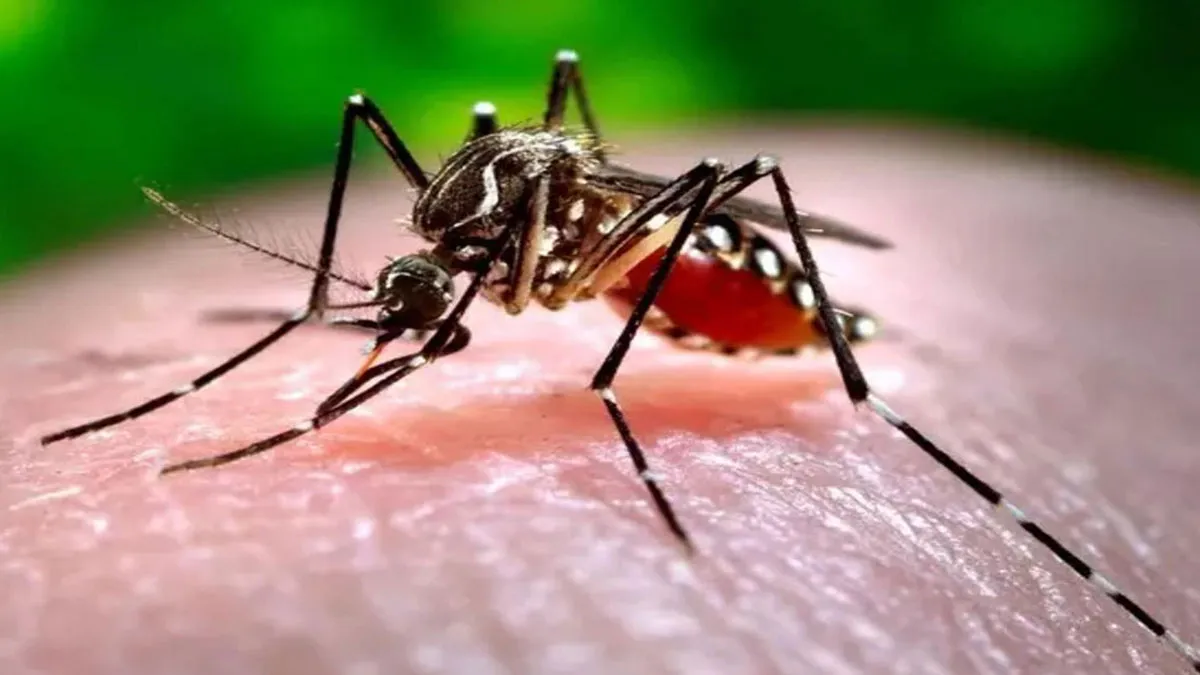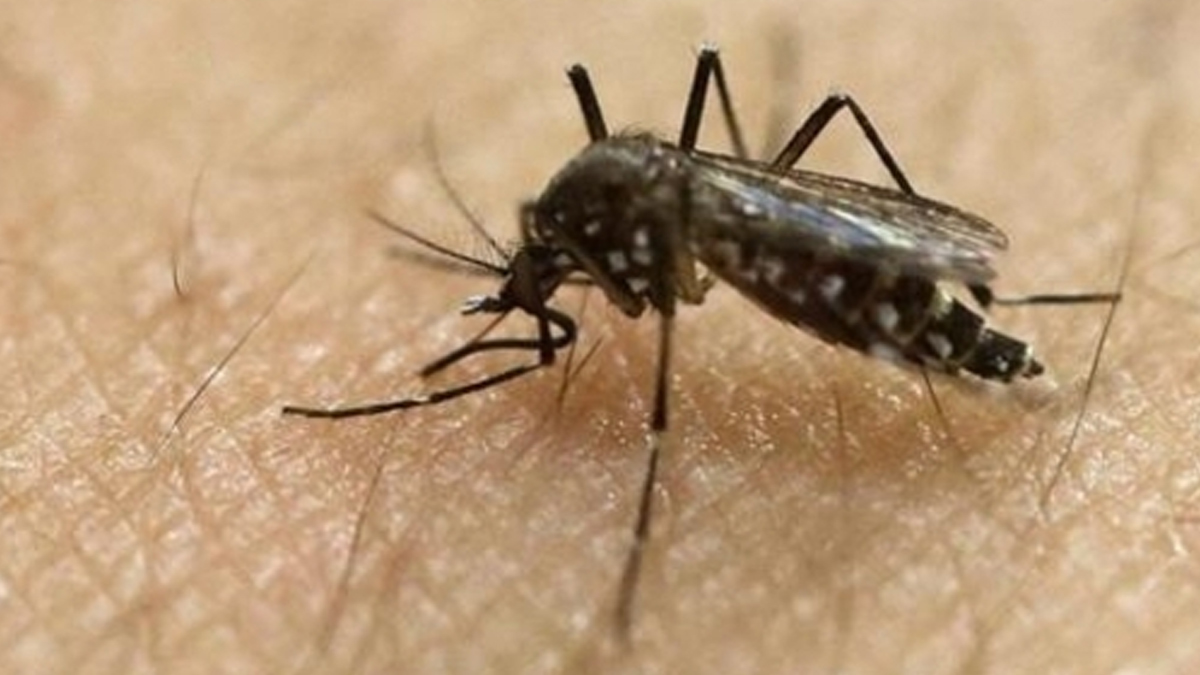
A recent discovery by researchers at the National Institute of Virology (NIV) has raised serious concerns regarding the evolving nature of the Zika virus. The strain that was responsible for a significant outbreak in Pune, Maharashtra, between June and September last year has undergone further mutation, potentially increasing its risk to public health. This alarming development suggests that the virus has not only adapted but may also pose a greater threat than before.
Table of Content:-
Increased Transmissibility and Immune Evasion
The study conducted by NIV scientists highlights key changes in the genetic makeup of the virus, which have resulted in enhanced transmissibility. This means that the virus could spread more rapidly among the population, increasing the likelihood of future outbreaks. Additionally, researchers have noted that the new mutation allows the virus to evade the immune system more effectively. This could lead to prolonged infections and a higher rate of complications, particularly among vulnerable groups such as pregnant women and individuals with weakened immune systems.
Also Read: Swine Flu In India: Over 20,000 Infected, 347 Deaths Reported Amid Alarming Surge
Public Health Concerns Over the New Strain
With this mutation, experts fear that conventional immunity from previous infections may not be as effective in combating the new variant. Given that Zika is primarily transmitted through mosquito bites, there is also a heightened concern about increased vector efficiency, leading to faster and more widespread infections. Authorities and public health officials are now on high alert, closely monitoring any new cases and reinforcing preventive measures to curb further transmission.

Zika Virus and Its Potential Impact
Zika virus is known for its devastating effects, especially on pregnant women, as it has been linked to birth defects such as microcephaly in newborns. Additionally, infections in adults have been associated with neurological complications, including Guillain-Barré Syndrome. With the new mutation making the virus more resilient, the potential impact on public health could be far-reaching.
Also Read: Massive Fire Erupted In Mumbai’s Byculla Area; Health Implications Of Inhaling Fire Smoke
Steps to Prevent the Spread
In light of this new discovery, health authorities are urging people to take preventive measures seriously. This includes eliminating mosquito breeding sites, using insect repellents, and wearing protective clothing. Additionally, healthcare professionals are advised to stay vigilant and report any unusual cases promptly.
Bottomline
The emergence of a mutated Zika strain in Pune is a cause for concern as it underscores the virus's ability to evolve and adapt. With increased transmissibility and immune evasion capabilities, the new variant could pose a significant challenge in the fight against Zika. Ongoing research and proactive public health measures will be crucial in mitigating the potential risks associated with this alarming mutation.
Also watch this video
How we keep this article up to date:
We work with experts and keep a close eye on the latest in health and wellness. Whenever there is a new research or helpful information, we update our articles with accurate and useful advice.
Current Version